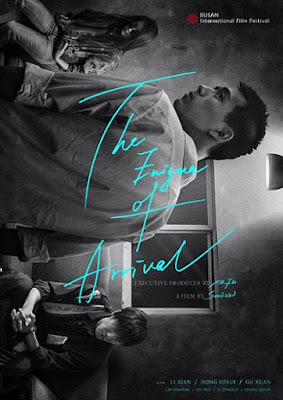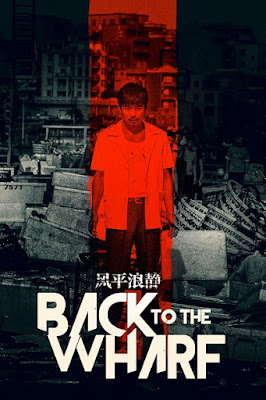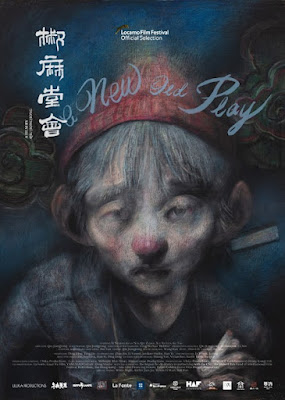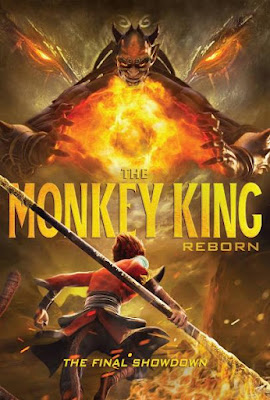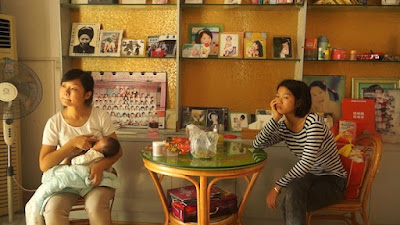Zhu Zhilang is like a Chinese Willy Loman. He is desperate to be liked and he always believes his next big score is right around the corner. It is easy to understand why his son (and documentary profiler) has run out of patience with his spendthrift ways. However, it is harder to blame him for thinking China’s state-owned industries and public-private partnerships would be good for their debts. Unfortunately, when the Chinese real estate bubble burst, it derailed the massive development that subcontracted his design company and cratered his finances as a result. Zhu Yudi follows his semi-estranged father as he drifts from collecting bad debts to new ill-conceived schemes in So Close, So Far, which screens as part of MoMA’s 2025 Documentary Fortnight.
It had been a few years Zhu had been in contact with his father, but he agreed to join him on his annual debt-collecting trip. Zhu pere’s company contracted to supply and install marble and decorative elements of the ostentatious lobbies of the huge complex’s uncompleted buildings. However, he had yet to be paid a Yuan as the film opens.
Like a true Gen-Z’er, the filmmaker audibly cringes as his father sucks up to the various bosses and decision-makers, hoping someone will authorize a payment. Eventually, the elder Zhu secures a paltry partial-payment, which he gambles away online that very night.
This represents a continuing pattern for Zhu, whose multi-million Yuan debt has also engulfed his very angry wife. Despite it all, the senior Zhu is always receptive when a dubious crony pitches him another sure-fire scheme. Honestly, it is often painful to watch.
Still, from a Western perspective, you would assume the government and its various partnerships ought to be good for their debts. Okay, stop laughing all you Libertarians out there. Regardless, governmental-partners should not be acting like dine-and-dashers running out on their restaurant tabs. Clearly, the public-partnerships involved are byzantine in their complexity, presumably allowing local authorities considerable insulation. Yet, the bottom line is small contractors like Zhu’s dad get stiffed.




